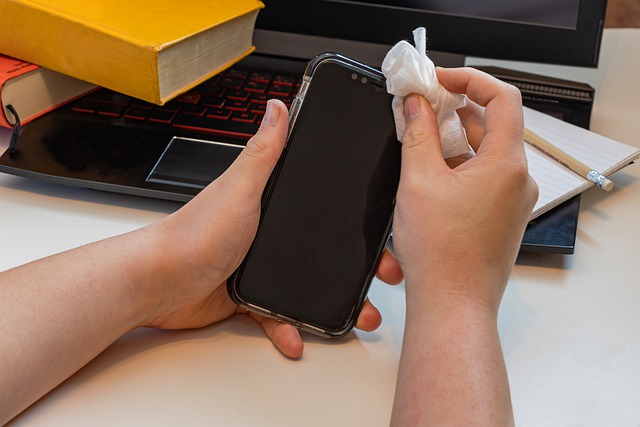The 4 Best Data Security Tips For Healthcare Businesses

Data security is important in any business because you have a responsibility to protect the sensitive data that customers are trusting you with.
If you lose people’s personal information or their credit card details, that puts them at risk of fraud. But if you run a medical business, the stakes are a lot higher.
It’s not just credit card details that you are trusted with, it’s a person’s complete medical history and some of the most private details about their life. That’s why there is legislation in place to protect patient data and ensure that medical practices are handling it properly.
A single instance of data loss could seriously damage your medical business, which is why data security should always be your main concern. These are some of the best data security tips for medical businesses.
#1 Find A Specialist IT Company
It’s always best to let an outside IT company handle your cyber-security. They will know which products are best and they can constantly monitor systems and plug gaps to reduce the chance of a breach.
But the rules around data security in the medical industry are different, so you need to find specific healthcare IT providers that have experience with protecting patient records.
It’s important that you are compliant with the laws surrounding patient records and healthcare IT providers will already understand those laws, whereas a normal IT company may not.
#2 Educate Employees Properly
Sometimes, data is lost to criminals as a result of a deliberate attack, but businesses often underestimate the importance of human error.
If your employees are not following procedures correctly, there is a much higher chance of accidental data loss. That’s why it’s important that you educate them properly.
Give training in things like how to set strong passwords or how to spot a phishing email, and make sure that they understand the law surrounding data protection in the medical industry.
#3 Encrypt Data
Sometimes, it is necessary for data to be sent between people. It may be that somebody has moved to a different practice or they have been referred to a specialist, and those records need to be updated.
Whatever the reason, it’s important that you are careful because data is at risk of being intercepted when you send it over email.
You cannot simply send files as they are because they’re so easy for cybercriminals to pick up. You need to make sure that all data sent over email is encrypted and password protected.
That means that even if the emails are intercepted, the data will not be accessible.
As well as encrypting your files, you should also make sure that you are encrypting any type of business communication. It’s important to consider this when you are choosing medical answering services and similar solutions.
#4 Be Aware Of Medical Identity Theft
Medical identity theft is where somebody impersonates another person and receives treatment.
That means you’re going to have medical bills going to the wrong people but it also means that you may share information about somebody with the wrong person, which is a breach of data protection regulations.
It’s important that you are aware of medical identity theft and you have measures in place to prevent it.
Data loss could destroy your medical business, so make sure that you are following these important tips.






